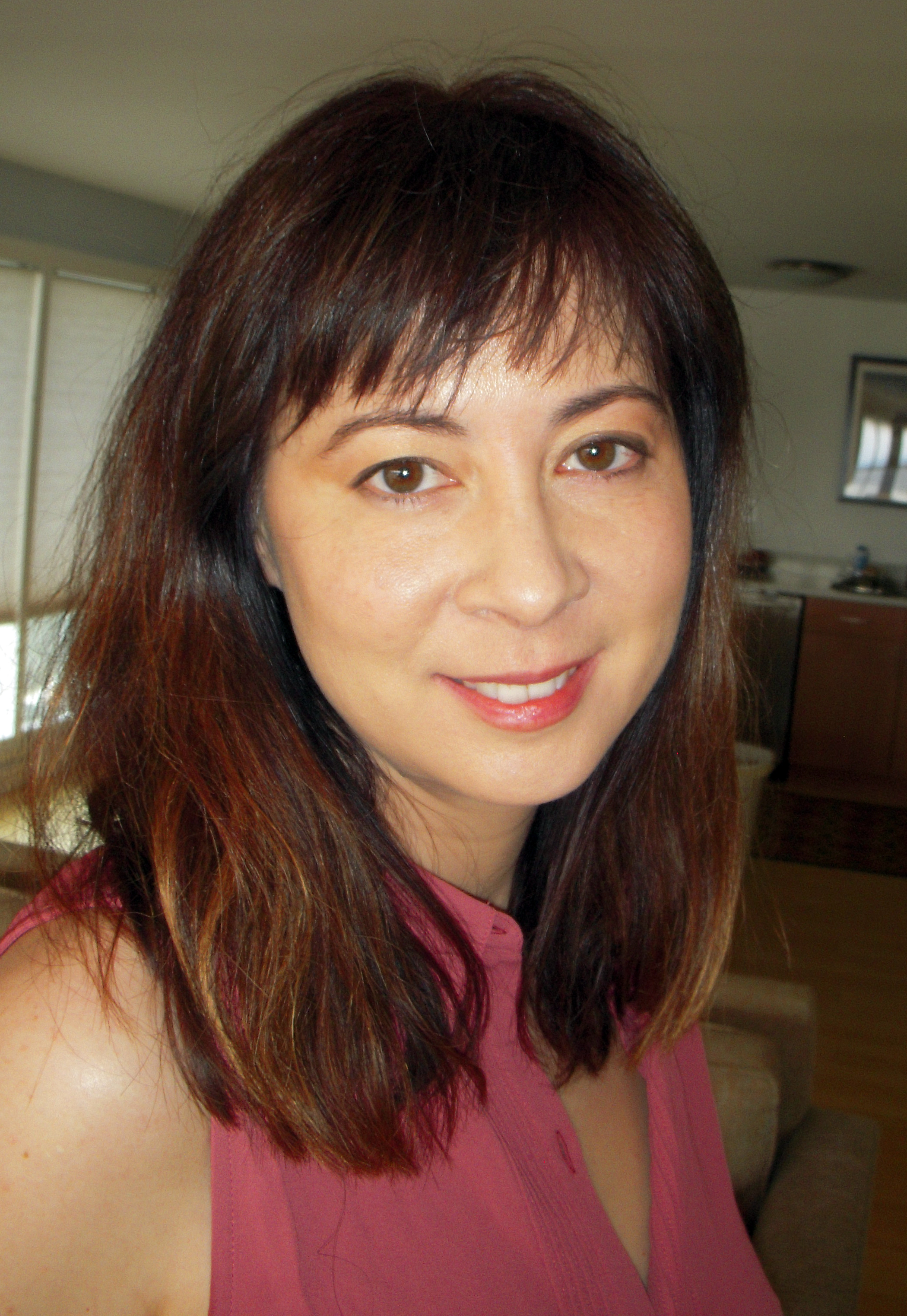For the seventh installment of our Winners on Winning series, we spoke with Paisley Rekdal, the winner of the 2013 University of North Texas Rilke Prize for her poetry collection, Animal Eye, published in 2012 by the University of Pittsburgh Press. The $10,000 prize is given annually to a midcareer poet. Animal Eye was also a finalist for the Kingsley Tufts Poetry Prize and the Balcones Poetry Prize. Rekdal's previous books include an essay collection, The Night My Mother Met Bruce Lee; a hybrid-genre memoir, Intimate; and three previous books of poetry, A Crash of Rhinos, Six Girls Without Pants, and The Invention of the Kaleidoscope. She teaches at the University of Utah.
 What kind of impact has winning the Rilke Prize had on your career?
What kind of impact has winning the Rilke Prize had on your career?
The Rilke Prize relieved me of certain fears about the current direction of my writing, in particular the kinds of aesthetic interests and experiments with which I was, and am now, engaged. That kind of validation is probably the biggest reward any prize can give, outside of a sudden influx of cash. In terms of connections, the Rilke prize put me in direct contact with Bruce Bond, Corey Marks, and Lisa Vining at UNT, which led to some wonderful conversations over my week there about art and reading, the state of the lyric, and the best place to buy cowboy boots. As for what the prize itself allowed me to do financially, it helped pay for a new roof, which (considering my bathroom ceiling that winter was literally uddered with snowmelt-filled paint balloons) was a true blessing.
Has winning this award, or previous awards, changed the way you approach your work?
Like any good American or egomaniac, I love awards, but I can't write for them. I don’t think anyone does. In terms of the seriousness with which I take my work, however, prizes have certainly given me the confidence to be more ambitious.
Have you ever entered a contest that you didn't win?
I can’t begin to list all the contests that I’ve entered and haven’t won. The upside of being a 95% loser, 5% winner (if I’m lucky that year) is that I’ve learned how to brush off the rejection and continue to write, even within hours of a serious disappointment. Disappointment is, in fact, a great thing for a writer (if by "great" we also mean "getting kicked in the groin"), since it forces you either to learn how to enjoy the writing process itself or give up. Over the years, I’ve also been a judge for small and large contests across the nation, and these experiences have taught me that, once you’ve winnowed the best manuscripts down to a small handful, picking a single winner is frighteningly arbitrary. Being a finalist or semifinalist really is a good sign, as I tell my students: it means that your skills are recognizable, even if they aren’t the ones the judge-of-the-moment loves most.
What advice would you offer to writers thinking of submitting to writing contests?
Gird your loins. And take nothing—whether it’s failure or success--personally.
For more Winners on Winning, read the current issue of Poets & Writers Magazine, and check back here every Wednesday for a new installment.






